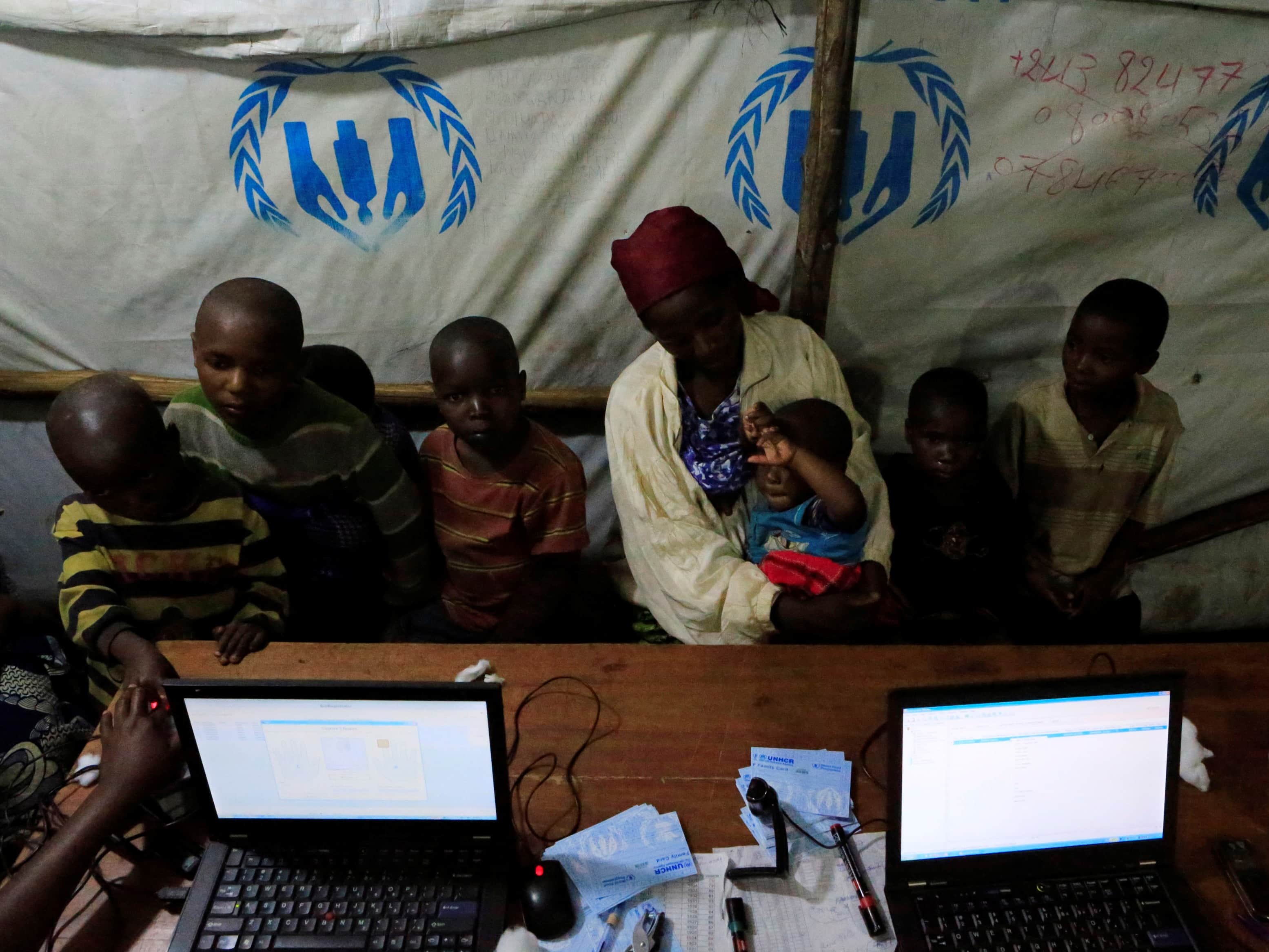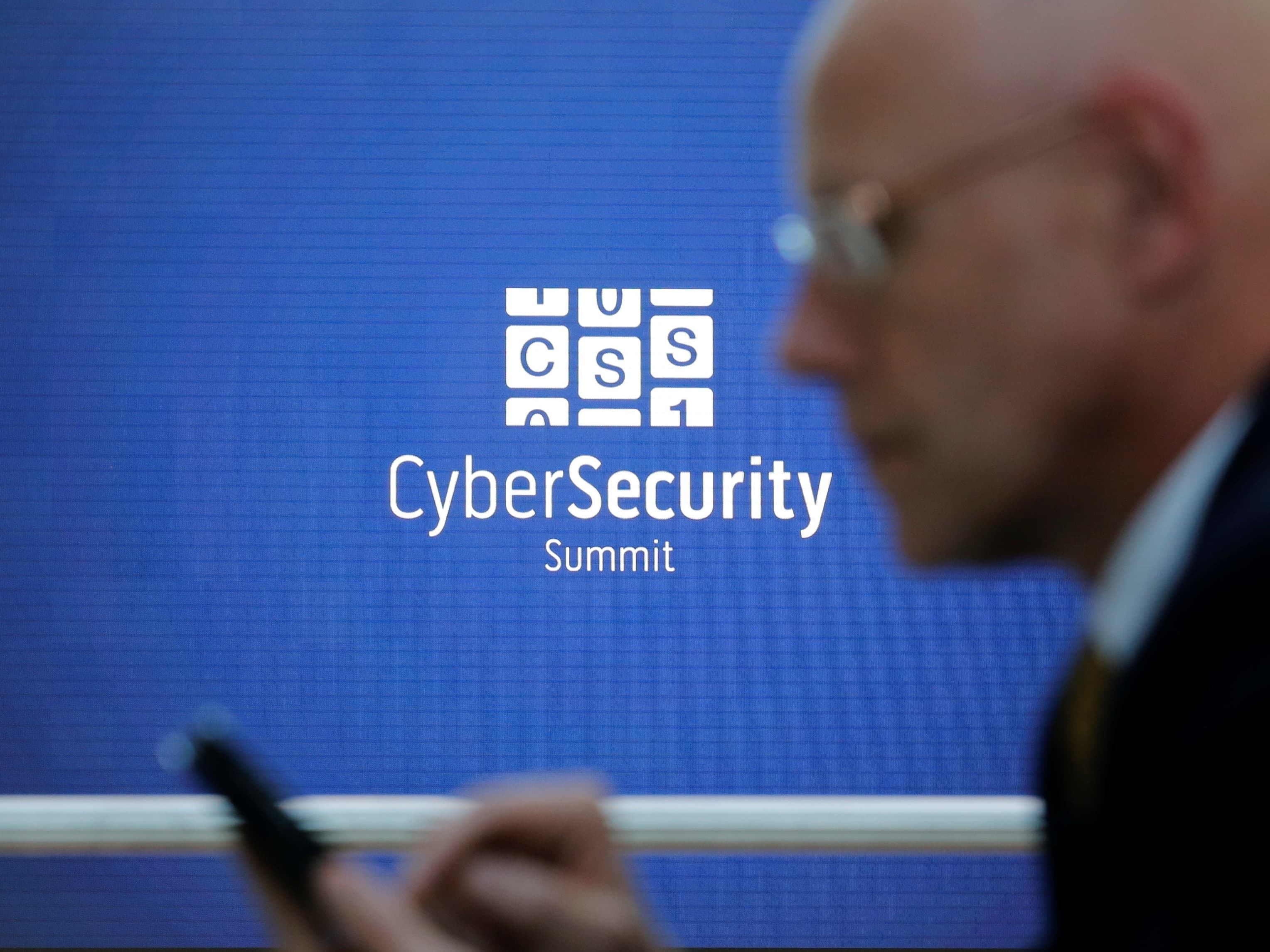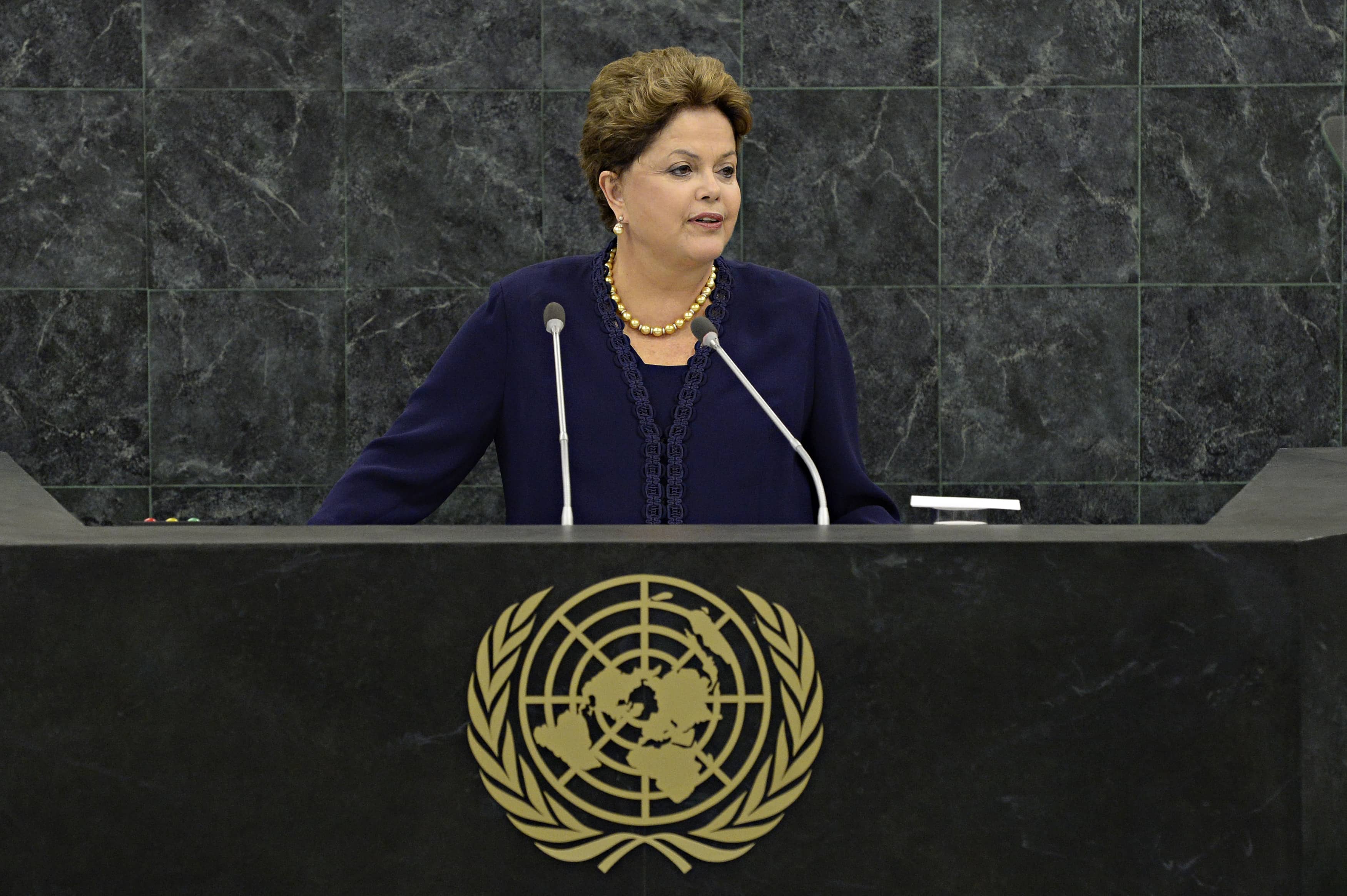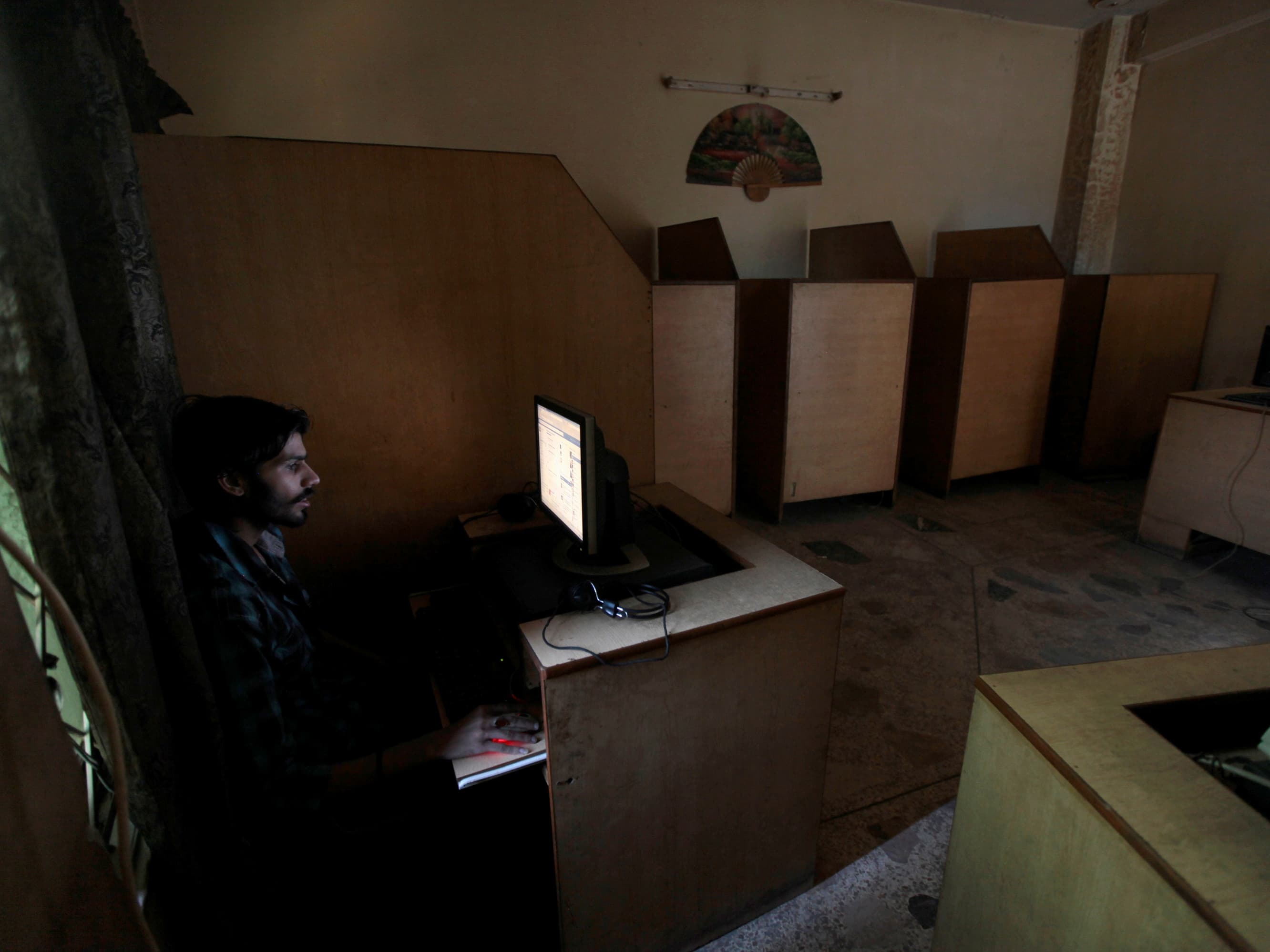Articles by Privacy International

Development and humanitarian aid initiatives enable surveillance in developing countries
“Aiding Privacy”, a new project by Privacy International, aims to promote the right to privacy and data protection in the development and humanitarian fields.

Tech companies respond to reports of NSA tracking switched-off mobile phones
Hardware manufacturers claim they strive to switch off almost all their components while a mobile phone is powered down, and if tracking occurs it is likely due to the installation of malware onto the phone.

Complaints filed against telecom companies for their role in UK mass surveillance programme
Some of the world’s leading telecommunication companies are facing formal complaints at the OECD for providing assistance to British spy agency GCHQ in the mass interception of Internet and telephone traffic passing through undersea fibre optic cables.

40 non-governmental organisations call on EU to halt mass surveillance
In a letter to the president of Lithuania and the president of the European Council, Index on Censorship and 39 other NGOS call upon leaders of the European Union to discuss the issue of mass surveillance at the European Council meeting on 24 and 25 October.

Two sides of the same coin – the right to privacy and freedom of expression
To freely form and impart one’s political, religious or ethnical beliefs one needs an autonomous, private space free from interference, from the State, private sector or other citizens. Equally, infringements on the right to privacy – physical or online surveillance, monitoring of communications or activities, State intrusion into private, family or home affairs – prevent an individual from exercising their freedom expression.

IFEX members call on Brazil’s President to protect Internet rights
IFEX members call on Brazil’s Congress to promptly pass the Marco Civil bill and on President Roussef to ensure its due implementation, as a measure to protect the right of Brazilians to an Internet that is free and open to all.

Discussion of online surveillance at UN Human Rights Council veers in dangerous direction
Privacy International and Bytes for All welcome the attention given at the UN Human Rights Council to the issue of Internet surveillance. However, they are are concerned about certain developments and suggestions that threaten privacy rights and freedom of expression.

Governments break silence on surveillance as activists launch human rights principles
During an event at the UN Human Rights Council in Geneva, a coalition of civil society organisations launched a set of standards that interpret States’ human rights obligations in light of new technologies and surveillance capabilities.
